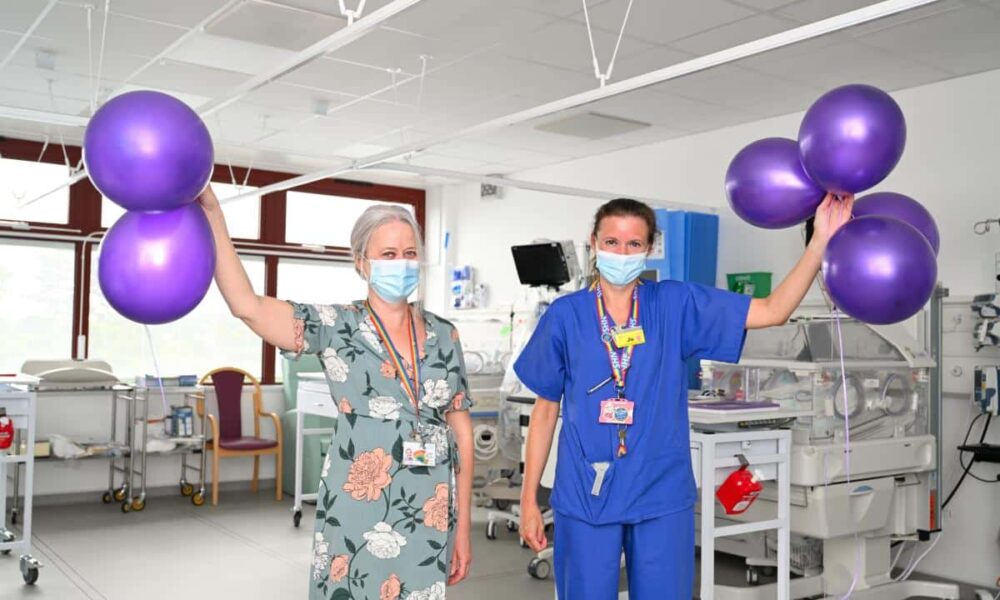
Royal Surrey staff are set to bring their bright ideas to life, after winning grants totalling £230k from a ‘Dragon’s Den’ style pitch. More than 50 applications were received for funding from Royal Surrey Charity and the University of Surrey to improve the hospital experience for patients, with 13 projects given the green light.
The idea behind the scheme, named ‘Bid for Better’, was to tap into the expertise of academics at the University of Surrey and Royal Surrey staff who are on the ground working hard to deliver the best patient care.
Earlier this year, hospital staff were invited to submit their ideas which, with a financial boost, could make a positive difference to Royal Surrey patients. Bid for Better received 54 applications, with a number of applicants partnering with university colleagues on proposals.
Sarah Scales, Associate Director of Transformation at Royal Surrey who led the initiative, said:
“We know our staff are well placed to know where investments could make a positive difference to our patients. However, this is the first time we have run this project so we didn’t know what to expect, but were blown away by the quality of the projects submitted. The commitment of our staff to delivering high-quality patient care shone through in each one.
“We have very close links with the university so we were delighted that they supported the project and enabled applications to benefit from academic expertise.”
A total of 13 projects received funding – eight in the up to £5k category and five in the up to £30k category.
In St Luke’s Cancer Centre, a £30k funded project will develop a wellbeing toolkit to help patients adapt to cancer and treatment and improve staff skills and confidence in providing psychosocial care.
In the neonatal unit for premature babies, members of the team are to lead a community outreach project for preterm babies or babies who require additional support after discharge from hospital.
Also, among the projects are: a bespoke patient seating area for dementia patients to help improve their stay in hospital and reduce falls; ward light boxes to improve mood and cognition and mobility of patients; and more wireless screens for coaching patients during certain radiotherapy treatments to help them achieve the breath holds required for their treatment.
Dr Dan Horton, Associate Dean Research and Innovation at the University of Surrey, said:
“We are delighted to be supporting these collaborations between innovators in the Faculty of Health and Medical Sciences here at the University, and Royal Surrey. Initiatives such as this are an important part of ensuring that our world-leading research has impact where it is needed, and continuing to build strong strategic links between the University and our NHS partners.”